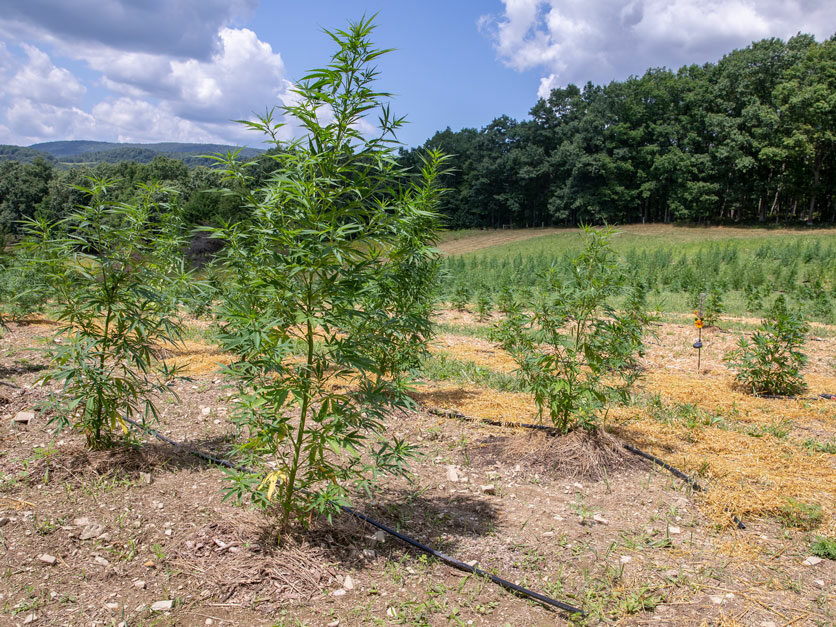Key Takeaways
- State lawmakers are increasingly regulating hemp-derived THC products, posing risks to the $445 million hemp industry.
- Major states like California and Texas have enacted new restrictions and bans, which complicate the landscape for industrial hemp producers.
- Experts call for a clear federal definition of industrial hemp to prevent further confusion and unintended consequences at the state level.
Regulatory Changes Affecting Hemp-Derived THC Products
State lawmakers nationwide are intensifying efforts to regulate hemp-derived THC products, including beverages and gummies, which has potentially adverse implications for the $445 million industrial hemp sector. The 2018 Farm Bill legalized hemp production but created loopholes for synthetic cannabinoids such as delta-8 THC when it failed to specify limitations beyond delta-9 THC, the known psychoactive compound in cannabis.
This lack of stringent federal definitions has resulted in a surge of unregulated THC-infused consumables, prompting states to take a more aggressive regulatory stance. However, this shift has raised concerns among industrial hemp producers who fear being collateral damage in the legislative push targeting intoxicating products.
Erica Stark, president of the National Hemp Association, emphasizes that industrial hemp is distinct from cannabinoid hemp. Industrial hemp is typically grown as a row crop for fiber or grain, whereas cannabinoid hemp focuses on human consumption in a horticultural setting. The absence of a federal classification for these categories complicates state-level legislation, leading to blanket bans or restrictions that do not consider the unique qualities of industrial hemp.
Recent developments indicate that states are enacting more stringent laws. For instance, Texas Governor Greg Abbott recently vetoed a bill proposed by Lt. Gov. Dan Patrick that sought to ban hemp-derived THC products, which could have crippled a $5.5 billion industry. Despite acknowledging the bill’s good intentions, Abbott found it legally flawed, highlighting the need for aligned regulations with federal law rather than engaging in complex legal battles.
In California, a statewide emergency ban on all hemp-derived THC products was extended due to health concerns, particularly around children. The California Department of Public Health’s ban prohibits the marketing of such products, a move that has been legally supported. Other states, like South Dakota and Alabama, have imposed restrictions that complicate the sale and production of synthetic THC, while Montana’s new law requires FDA authorization for hemp products containing THC.
As these regulations become more widespread, concerns grow within the hemp research community. Russell Jessup of Texas A&M Agrilife Research warns that current definitions might inadvertently outlaw industrial hemp, as all varieties contain trace amounts of THC. Both Stark and Jessup advocate for the establishment of a federal definition for industrial hemp to streamline regulations and safeguard the industry.
The proposed 2024 farm bill includes definitions that delineate industrial hemp specifically for non-cannabinoid purposes. Yet until such federal legislation is passed, states will continue to forge their paths independently, leading to a patchwork of rules that could harm the industrial hemp market.
Experts stress the importance of properly worded definitions to ensure that regulations serve intended purposes without hindering industrial agricultural practices. The ongoing dialogue suggests a critical need for a unified approach to hemp legislation to minimize confusion and protect the diverse applications of hemp in various industries.
The content above is a summary. For more details, see the source article.















